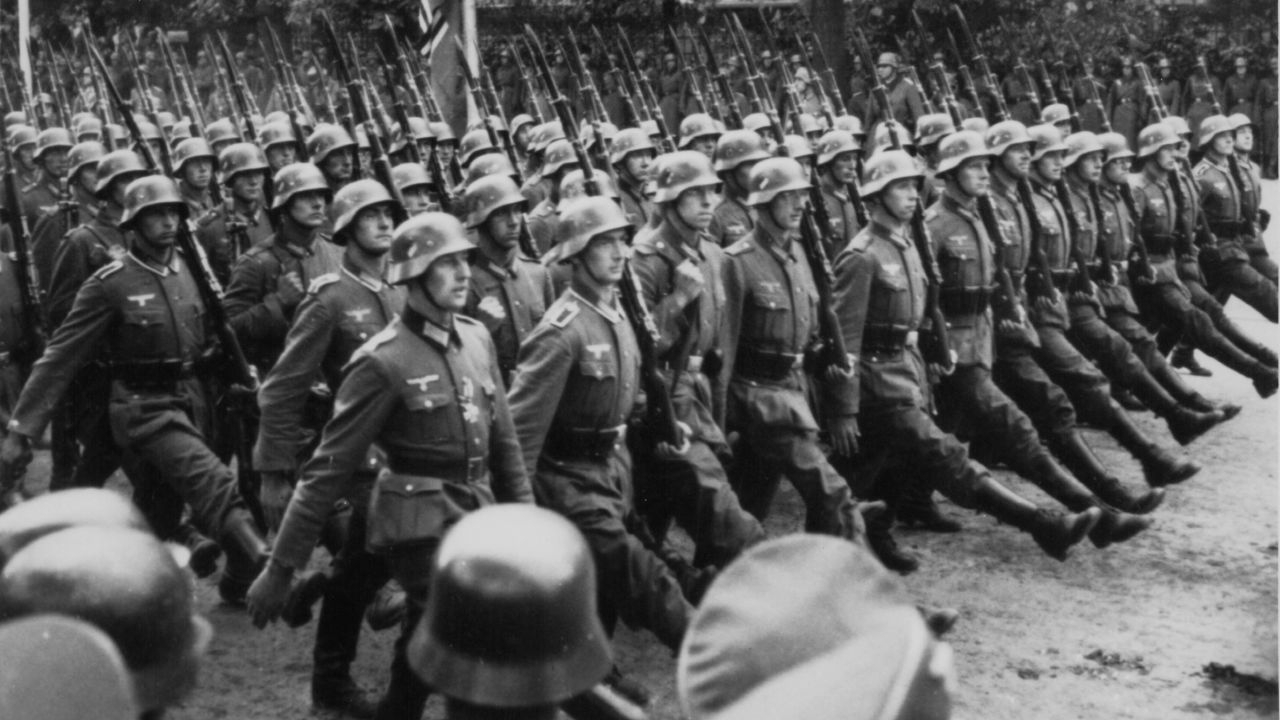
There are a number of ways to increase website traffic organically. Some of the most effective methods include:
* **Creating high-quality content:** This is the foundation of any successful organic traffic strategy. Your content should be informative, engaging, and relevant to your target audience.
* **Optimizing your website for search engines:** This involves using the right keywords and phrases throughout your website, as well as optimizing your title tags and meta descriptions.
* **Building backlinks to your website:** Backlinks are essentially votes of confidence from other websites. When other websites link to your website, it tells Google that your website is a valuable resource.
* **Promoting your website on social media:** Social media is a great way to reach a large audience with your content. Make sure to share your latest blog posts, videos, and other content on social media regularly.
* **Creating guest posts for other websites:** Guest posts are a great way to get your name out there and to build backlinks to your website. When you write a guest post for another website, make sure to include a link back to your website in the author bio.
* **Running paid advertising campaigns:** Paid advertising campaigns can help you to reach a large audience quickly and easily. However, it's important to make sure that your paid ads are well-targeted and that they provide a good return on investment.
These are just a few of the ways that you can increase website traffic organically. By following these tips, you can attract more visitors to your website and grow your business.
Paid traffic is good for website ?
Paid traffic can be a good way to increase website traffic and generate leads. It can also help you to test different marketing campaigns and see what works best for your business. However, paid traffic can be expensive, and it's important to make sure that you're getting a good return on your investment.
Here are some of the pros and cons of paid traffic:
Pros:
* Paid traffic can help you to reach a large audience quickly and easily.
* Paid traffic allows you to target your ads to specific audiences.
* Paid traffic allows you to measure the results of your campaigns.
Cons:
* Paid traffic can be expensive.
* Paid traffic can be time-consuming.
* Paid traffic can be difficult to track.
If you're considering using paid traffic to promote your website, it's important to weigh the pros and cons carefully. If you decide to use paid traffic, make sure to set a budget and track your results carefully.
Traffic bot is any benefit for blogger?
Traffic bots are not beneficial for bloggers. Traffic bots are automated programs that generate fake traffic to a website. This fake traffic can be used to artificially inflate the number of visitors to a website, but it does not provide any real value to the blogger.
Traffic bots can actually be harmful to bloggers. They can cause a website's ranking to drop in search engine results pages (SERPs), as search engines are able to identify and penalize websites that use traffic bots. Additionally, traffic bots can make it difficult for bloggers to track the real performance of their websites, as the fake traffic can skew the data.
Bloggers who want to increase the traffic to their websites should focus on creating high-quality content that is relevant to their target audience. They should also promote their websites on social media and other channels.
How create a good Blog site?
Here are some tips on how to create a good blog site:
1. **Choose a niche.** What are you passionate about? What do you know a lot about? What do you want to share with the world? Once you've chosen a niche, you can start to narrow down your focus and create content that is relevant to your target audience.
2. **Create high-quality content.** Your blog posts should be well-written, informative, and engaging. If you can provide value to your readers, they will be more likely to come back for more.
3. **Promote your blog.** Share your blog posts on social media, email them to your friends and family, and submit them to relevant websites and directories. The more people who know about your blog, the more traffic you will get.
4. **Be consistent.** If you want people to keep coming back to your blog, you need to post new content regularly. Try to post at least once a week, or even more often if you can.
5. **Interact with your readers.** Respond to comments and questions, and participate in online discussions. The more you interact with your readers, the more engaged they will be with your blog.
Creating a good blog site takes time and effort, but it can be a rewarding experience. By following these tips, you can create a blog site that will attract visitors and help you to achieve your goals.






